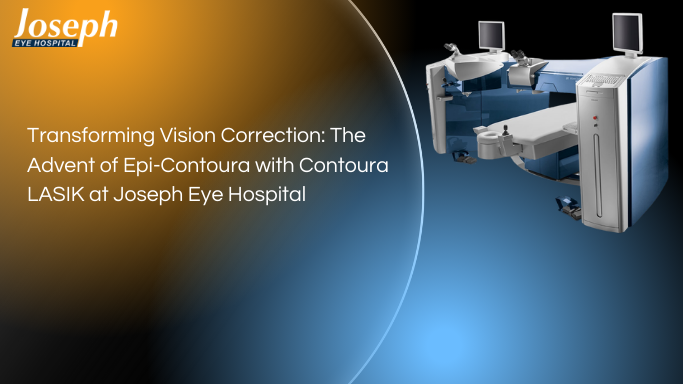Advanced Retina Care for
Brighter Tomorrows

About Retina
Welcome to Joseph Eye Hospital's Vitreo-Retina Centre, Trichy's No.1 destination for advanced retina care. At our centre, we merge compassion with innovation, bringing together an expert team equipped with state-of-the-art technology to provide personalized treatments tailored to your individual needs. Trust us to safeguard your vision, allowing you to perceive the beauty of the world with clarity and precision
Retina Conditions we treat
Our centre specializes in diagnosing and treating a broad spectrum of vitreoretinal diseases, including, but not limited to:
Services for Retina
Alcon's Constellation System
Renowned as the gold standard in vitreoretinal surgery, enabling precise and safe procedures.
Comprehensive Ophthalmic Lasers
With all ophthalmic lasers conveniently available under one roof, we offer a complete spectrum of treatment modalities, eliminating the need for patients to seek services elsewhere.
Topcon's Triton OCT
Utilizing the world's first swept-source OCT technology combined with multimodal fundus imaging, ensuring unparalleled diagnostic accuracy.
Schedule Your Consultation
Our Contact
Our Telephone
Timings
8:00 am and 8:00pm
All Blogs
What would you like to know
Please ensure to bring any previous medical records, a list of your current medications, and your insurance information to your initial appointment.
Your ophthalmologist will conduct a comprehensive examination and recommend the most suitable course of action based on your specific condition.
Yes, advancements in technology, such as the Alcon's Constellation system, have made vitreoretinal surgery safer and more effective than ever before. Further, without this surgery, your vision will worsen leading to permanent blindness, hence the conservative options are limited.
Recovery times can vary depending on the individual and the specific procedure performed. Your surgeon will provide detailed post- operative care instructions tailored to your needs.
The frequency of retinal examinations can vary based on factors such as age, medical history, and risk factors for retinal diseases. Generally, it is recommended to undergo a comprehensive eye exam at least once every two years. However, for individuals at higher risk for retinal conditions, more frequent visits may be advised.
While not all retinal disorders can be prevented, you can take proactive measures to reduce your risk. This includes effectively managing systemic health conditions like diabetes and hypertension, wearing sunglasses to protect your eyes from UV light, refraining from smoking, and scheduling regular eye exams for early detection and treatment of potential issues.



